The futility of political violence
Pakistan's cycle of tit-for-tat suppression only deepens divisions and weakens its democratic institutions

Zain Ul Abideen
Senior Producer
Zain Ul Abideen is an experienced digital journalist with over 12 years in the media industry, having held key editorial positions at top news organizations in Pakistan.

Policemen detain an activist of Pakistan Tehreek-e-Insaf (PTI) party during a protest outside the an anti-terrorism court in Islamabad on September 10, 2024.
AFP
Political analysts decry pattern of violence; see no hope of it changing
Urge recognizing the 'real actors' in this conflict
The recent arrests of PTI lawmakers and the raid on parliament demonstrate that political violence has become a recurring feature of Pakistan’s political landscape, regardless of which party is in power. This cycle of tit-for-tat suppression only deepens divisions and weakens the country's democratic institutions.
Reports indicate that plainclothes officers stormed the National Assembly around 3 AM, cutting the power to remove PTI members who had taken shelter there following other arrests. Among those escorted out were PTI MNAs Zain Qureshi, Amir Dogar, Sheikh Waqas Akram, and Naseem Ali Shah.
Such tactics are not unprecedented. During its tenure from 2018 to 2022, the Pakistan Tehreek-e-Insaf (PTI) also employed similar measures to stifle opposition voices.
The crackdown came a day after the PTI held a rally on the outskirts of Islamabad, demanding the release of former prime minister Imran Khan. The demonstration was marred by clashes between supporters and police.
The raid triggered a heated National Assembly session, with opposition leaders condemning the detentions as an attack on democracy. PTI lawmaker Ali Muhammad Khan expressed outrage, stating that Jamshed Dasti and Naseem Shah were arrested from the Parliament mosque. He called the incident an assault on Pakistan’s democratic institutions.
Tensions between the ruling coalition and the opposition have since been high.

Political implications
Political violence and the suppression of dissent frequently lead to international condemnation. When such actions are viewed as violations of human rights and democratic principles, Pakistan risks harming its global reputation.
Countries and organizations that champion democracy may apply diplomatic pressure, and these incidents could impact foreign aid and international cooperation.
Several prominent international media outlets covered the event, and the headlines were unfavorable for Pakistan, which is already grappling with isolation and a desperate need for economic revival.
گرفتاریوں سے تحریکیں ختم ہوتی تو آج پی ٹی آئی کا نام نہیں ہوتا
ڈفرز کو دو سال گزرنے کے بھی یہ بات سمجھ نہیں آرہی #جبری_گرفتاریاں_نامنظور#UndeclaredMartialLaw pic.twitter.com/l0G2WsbZIp
— 𝕸𝖚𝖍𝖆𝖒𝖒𝖆𝖉 𝕯𝖆𝖓𝖎𝖘𝖍 𝕬𝖐𝖍𝖑𝖆𝖖🇵🇰 (@MDanishAkhlaq) September 9, 2024
Economic implications
Political instability is a significant deterrent for both domestic and foreign investors. The arrests and suppression of political dissent could lead to a perception of heightened risk, causing investors to pull back or delay investments.
This can result in a decline in stock market performance, currency devaluation, and reduced capital inflows. Prolonged political unrest could create volatility in financial markets, making it difficult for businesses to operate smoothly.
Pakistan's economy is already under immense pressure, with inflation, a weakening currency, and mounting debt. Any political instability could further erode investor confidence.
In Pakistan, political conflicts often lead to protests. The PTI has already announced a nationwide protest against the detentions, which is not good for a country like Pakistan, already marred by instability.

PML-N and PPP need to do more
During the NA session, Speaker Ayaz Sadiq declared his intention to take firm action regarding the arrests.
He also mentioned a more recent incident at the Parliament Lodges, where another lawmaker, Salahuddin Ayubi, was mistreated. “The third attack happened last night, and we will not let this go unaddressed,” Sadiq declared, pledging that those responsible would face consequences.
Later, Sadiq also summoned Islamabad police chief Syed Ali Nasir Rizvi, directing him to ensure that those lawmakers who were not named in any FIRs were released immediately.
On Wednesday, Sergeant-at-Arms Ashfaq Ashraf was suspended for four months over security failure in parliament on Sadiq’s orders.
While the speaker’s steps in addressing the issue are commendable, they fall short in tackling the broader systemic issues and ensuring accountability.
Merely summoning the Islamabad police chief and suspending an official for security failures doesn't address the root causes of political violence or the misuse of law enforcement agencies.
The suspension of one sergeant and the immediate release of some lawmakers are short-term actions that lack the depth needed to prevent future incidents of this nature.
PPP leader Naveed Qamar, during the NA session, said a “red line” had been crossed and there was a need to build deterrence against such actions, while Manzoor Ali Talpur said what had happened must not happen in future.
However, neither party chairman Bilawal Bhutto-Zardari nor co-chairperson Asif Ali Zardari issued a statement.
Experts call for thorough investigation
Political analyst Zaigham Khan expressed concern over the recent violations of parliamentary dignity. "The Speaker, as the custodian of the house, has acknowledged that this is the third serious breach in recent times, undermining the sanctity of parliament," he said. The speaker has pledged a thorough investigation, underscoring the gravity of the matter.
"Parliament is a highly respected institution, and law enforcement personnel cannot storm it in such a manner," Khan added. He emphasized that it is now up to the speaker to ensure a proper investigation and prevent similar incidents from occurring in the future.
When asked about the state's use of force against opposition leaders, Khan remarked, "Unfortunately, this has been a persistent trend in Pakistan. All our political governments, at some point, have tried to establish one-party dominance by suppressing the opposition. However, it has consistently backfired."
He cited similar actions during the rule of Zulfikar Ali Bhutto’s PPP, Nawaz Sharif's PML-N in 1997, and Imran Khan's PTI in 2018. "This issue isn’t limited to civilian government, as PTI's main conflict lies with the establishment. Political parties play a junior role, hoping to benefit from it," he noted.
Khan further commented on the continuity of policies from PTI's tenure. "There remains a lack of respect for democracy. People are still being detained, and in many ways, little has changed in Pakistan," he concluded.
'Change unlikely'
Political analyst Muneeb Farooq expressed his disapproval of raids on the National Assembly, Secretariat, and Parliament Lodges, calling them neither pleasant nor praiseworthy.
However, he acknowledged certain realities of Pakistan. "The speeches delivered during the September 8 rally were provocative, and it was the PTI that provoked Pakistan’s establishment," he stated.
Farooq highlighted the PTI's grievances with the military establishment over being marginalized and mistreated. However, he added that the establishment's perspective on the PTI sharply contrasts with this view. "The establishment believes that the PTI has, in every way, created chaos in Pakistan and was involved in the May 9 riots."
He condemned the raids, stating, "In my opinion, it’s reprehensible and shouldn’t happen, but it has occurred before in our country and may well happen again."
When asked about the use of force in politics, Farooq explained that while, ideally, there should be no place for force, one must recognize who the real actors are in this conflict — whether it's the government versus PTI or the establishment versus the PTI. "Sadly, this conflict has taken a grim turn, and I don’t foresee a resolution anytime soon."
Farooq also noted that all the governments, in the name of asserting authority, have engaged in such actions, including PTI in March 2022. "But at the end of the day, aggression is still aggression. If it was wrong then, it is wrong now. If it was justified then, people will justify it today. We cannot view our current situation in isolation."
He further emphasized the significant role of the establishment in Pakistan’s politics, stating that as long as its influence persists, meaningful change is unlikely.
Such actions highlight how the state resorts to extreme measures, often justified under the guise of security or national stability, to silence their critics. However, history shows that political violence does not foster lasting peace or stability. Instead, it deepens divisions and erodes democratic values.
When the PTI was in government, it employed similar tactics against the opposition, actions that were criticized for undermining democratic principles.
Now, the current administration is repeating these missteps, perpetuating a cycle of political retribution. It is crucial for all political stakeholders to recognize that such strategies are detrimental to the country's democratic fabric and long-term stability.


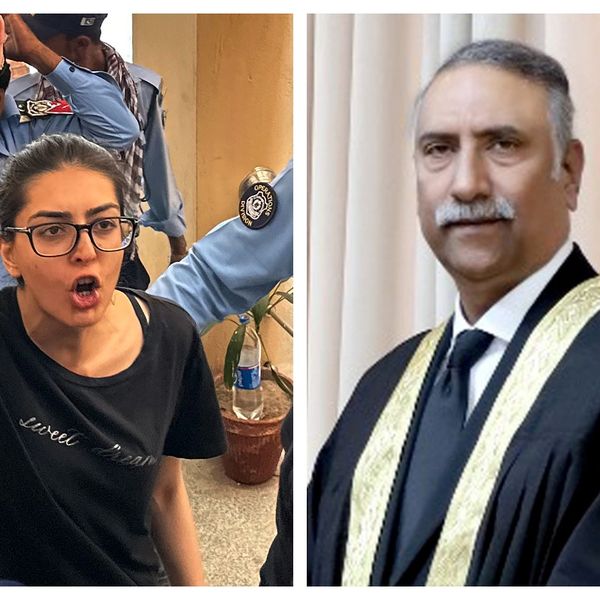
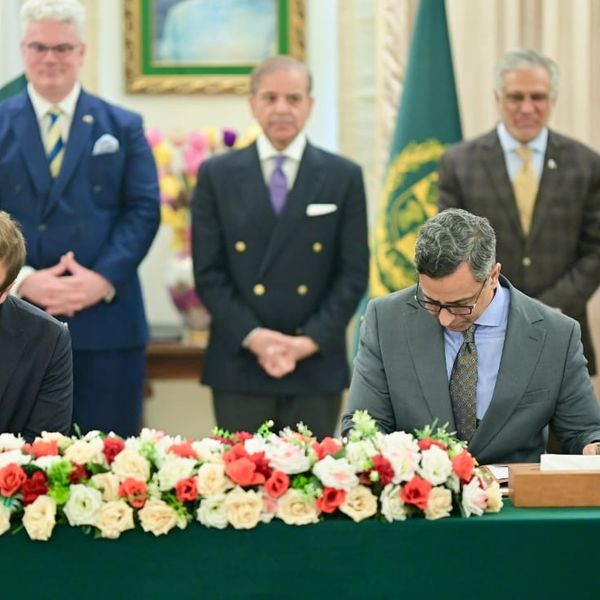
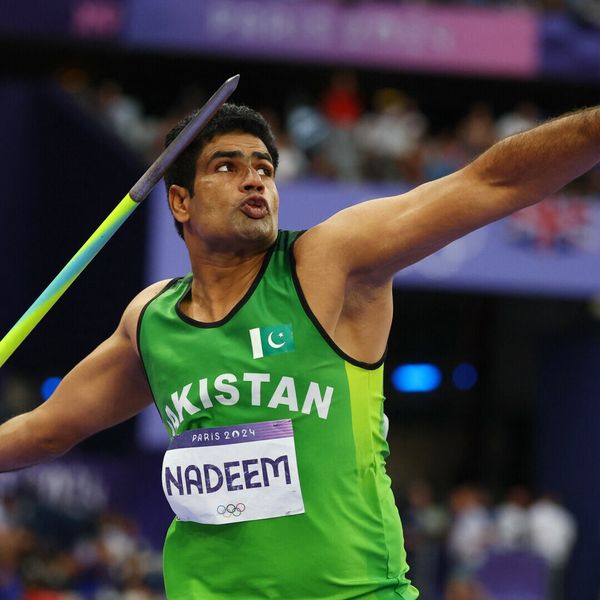

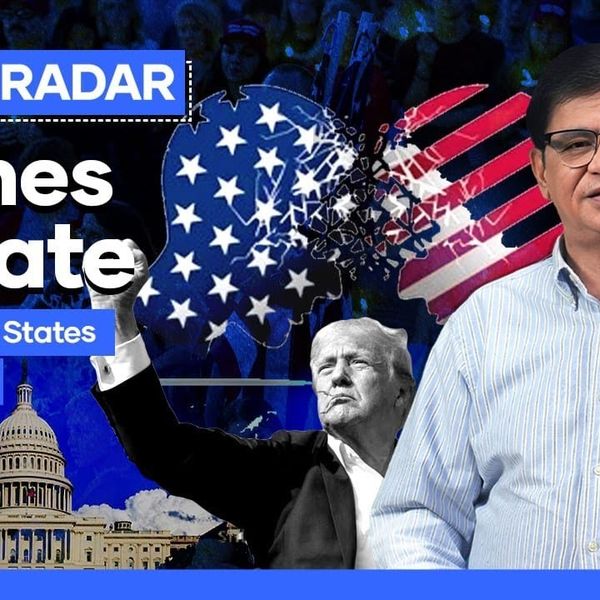
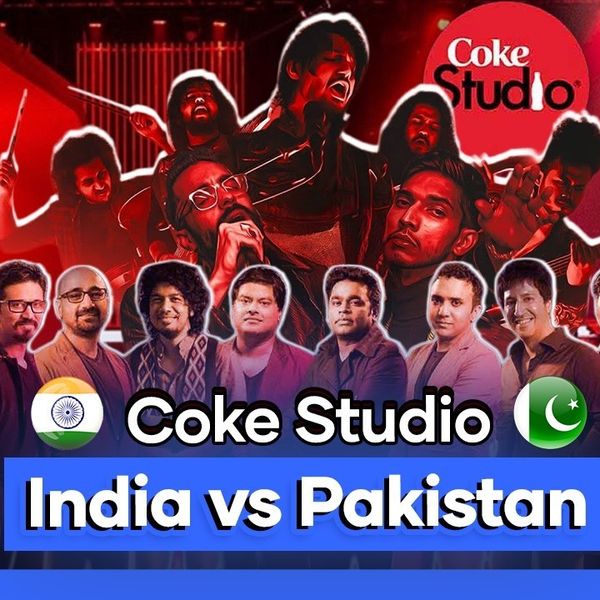


Comments
See what people are discussing